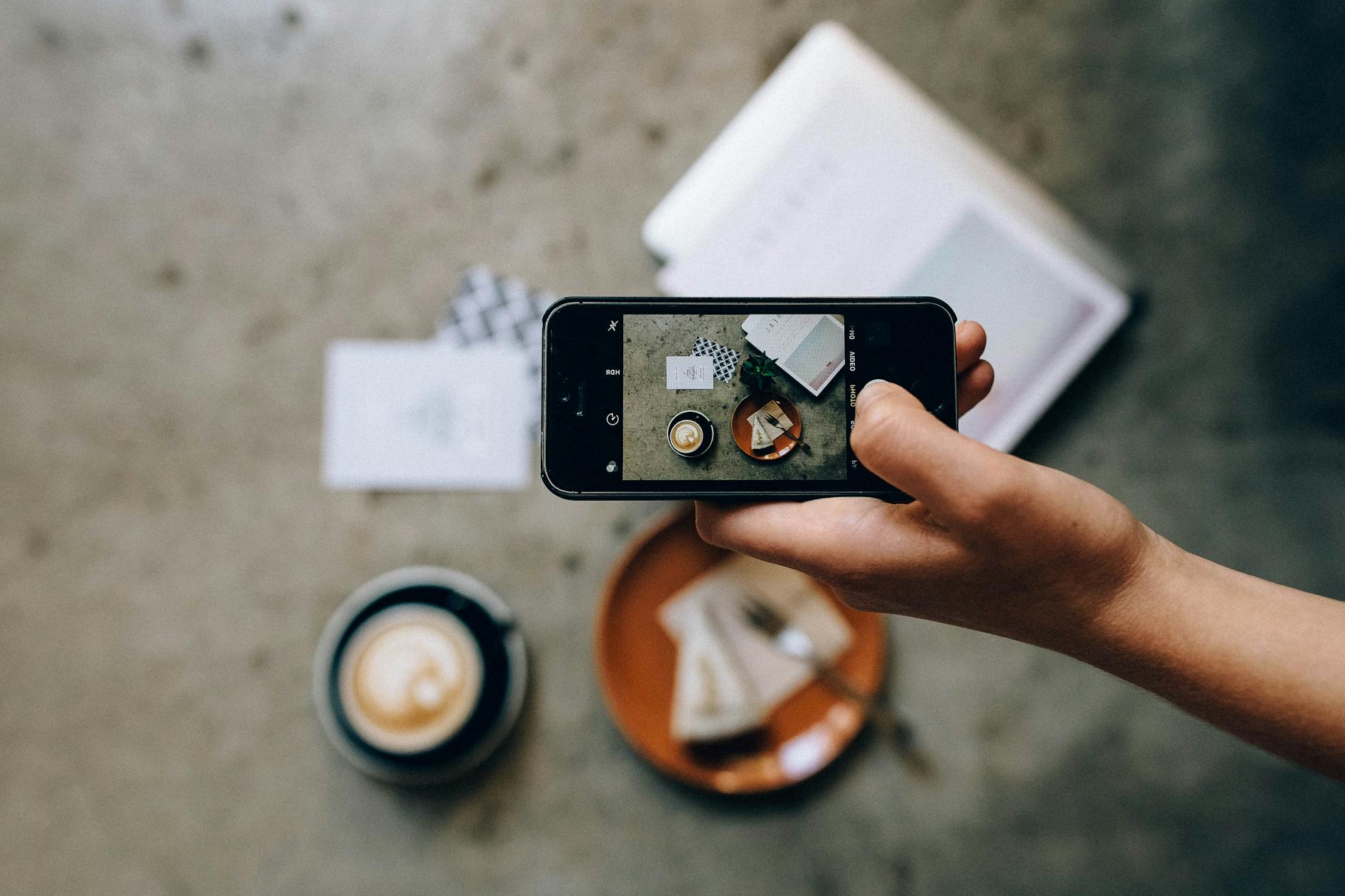What is brief breaks?
What is brief breaks?
In today’s fast-paced world, maintaining productivity while avoiding burnout is a common struggle. One effective method to enhance productivity and overall well-being is through the practice of brief breaks. These short pauses from work can significantly improve focus, creativity, and even work-life balance. By integrating brief breaks into daily routines, you can optimize your time and ensure you’re working at your best.
Understanding Brief Breaks
Brief breaks are short intervals taken during work hours, typically lasting about 5 to 10 minutes. Unlike longer breaks, which may involve a complete disengagement from work for lunch or a casual stroll, brief breaks are designed to refresh your mind and body without losing momentum.
Definition and Duration
Brief breaks are intentionally scheduled pauses that help you reset and recharge. These breaks can be as simple as stretching, grabbing a drink, or stepping outside for fresh air. The key is their brevity; they provide just enough time to relax without completely disconnecting from your tasks. Research suggests that even micro-breaks can be beneficial, as evidenced by studies showing that short breaks improve task performance through cognitive and motivational mechanisms. You can read more about this in the Harvard Business Review.
Purpose of Brief Breaks
The primary purpose of brief breaks is to combat fatigue and enhance focus. When you work for extended periods without interruption, your concentration can wane, leading to decreased productivity. Taking regular brief breaks helps to maintain mental clarity, reduce stress, and foster a more productive work environment. By stepping away, even momentarily, you allow your mind to reset, which can lead to more effective problem-solving and decision-making.
Benefits of Incorporating Brief Breaks
Incorporating brief breaks into your daily routine can yield numerous benefits. Each of these advantages contributes to improved performance and well-being.
Improved Focus and Concentration
One of the most significant benefits of brief breaks is their ability to enhance focus and concentration. After working for a while, your mind begins to drift, making it harder to stay on task. Short breaks allow your brain to rest, making it easier to return with renewed energy and sharper focus. A systematic review indicates that breaks can improve cognitive performance significantly, highlighting their importance in maintaining attention during work.
Enhanced Creativity and Problem Solving
Stepping away from a problem can lead to fresh perspectives. Brief breaks create mental space that allows for creative thinking and innovative solutions. When you return to your work, you’ll often find that you’re better equipped to tackle challenges with new ideas and insights. Engaging in different activities during your breaks can spark inspiration, transforming mundane tasks into opportunities for creativity.
Better Work-Life Balance
Regularly taking brief breaks contributes to a healthier work environment. By scheduling these short pauses, you reduce stress and prevent burnout. This practice not only makes your workday more enjoyable but also helps maintain a balance between work and personal life. A balanced approach allows for more satisfaction in both areas, as supported by findings from various studies on the impact of breaks on emotional health.
Effective Techniques for Taking Brief Breaks
Integrating brief breaks into your day doesn’t have to be complicated. Here are some practical strategies to make the most of these short pauses.
The Pomodoro Technique
The Pomodoro Technique is a popular time management method that incorporates brief breaks. The process involves working for 25 minutes, followed by a 5-minute break. After completing four cycles, you take a longer break of 15 to 30 minutes. This technique not only boosts productivity but also ensures that you take regular breaks to recharge. You can find more details about this method on the UNC Learning Center.
Mindfulness and Breathing Exercises
Mindfulness exercises can be particularly beneficial during brief breaks. Taking a few moments to practice deep breathing or meditation can help clear your mind. Focus on your breath for a few minutes, which can lower stress levels and enhance your ability to concentrate when you return to work. These simple techniques can recharge you mentally and prepare you for the tasks ahead.
Physical Movement Breaks
Incorporating physical activity during breaks can also be highly effective. Stretching or taking a short walk can break the monotony of sitting for long periods. Movement increases blood flow, which helps to invigorate your mind and body. Regularly standing up or walking around can combat the negative effects of prolonged sitting, promoting better health overall.
Common Mistakes to Avoid with Brief Breaks
While brief breaks can be beneficial, there are pitfalls that can diminish their effectiveness.
Overextending Breaks
One common mistake is taking breaks that are too long. If you find yourself extending a 5-minute break into 20 minutes, you may disrupt your flow of work and lose focus. It’s important to keep track of time to ensure that your breaks remain short and refreshing rather than lengthy and distracting.
Using Breaks Ineffectively
Engaging in activities that don’t offer a mental reset can also hinder the purpose of breaks. Scrolling through social media or watching videos might seem relaxing at first, but these distractions can actually lead to reduced productivity. Instead, focus on activities that genuinely recharge you, such as stepping outside for fresh air or practicing mindfulness.
Embracing Brief Breaks for Enhanced Productivity
Incorporating brief breaks into your daily routine is a simple yet effective way to boost productivity and enhance work-life balance. These short pauses can improve focus, spark creativity, and contribute to a healthier work environment. By using techniques like the Pomodoro Technique, mindfulness exercises, and physical movement, you can make the most of your breaks.
So, why not start today? Embrace the power of brief breaks to not only improve your productivity but also enhance your overall well-being. Remember, it’s not just about working harder; it’s about working smarter.

Photo by Nataliya Vaitkevich